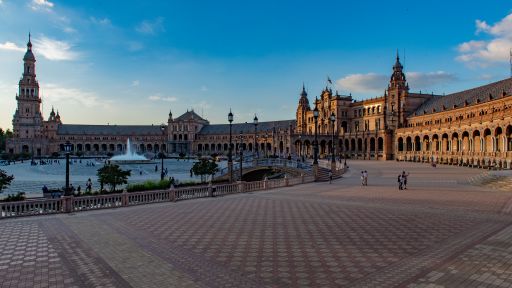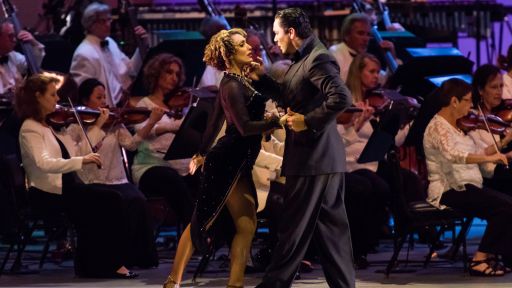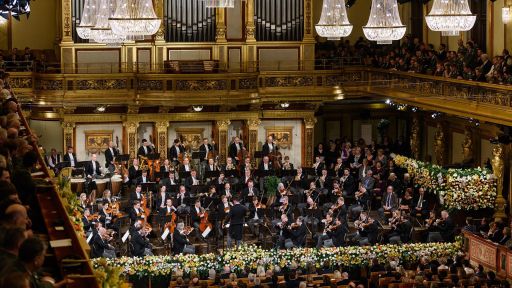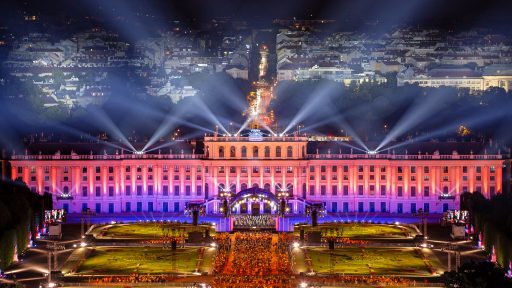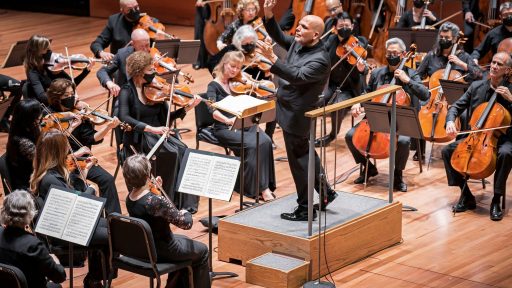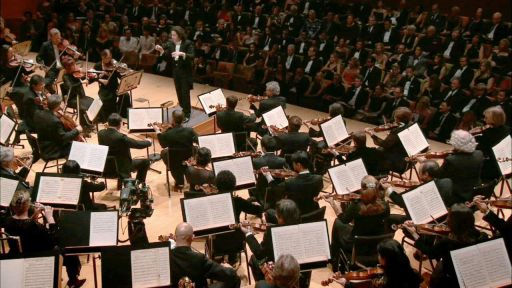Learn the full story of how Jackie Kennedy Onassis commissioned Leonard Bernstein to write Mass for the opening of the Kennedy Center in 1971.
Features
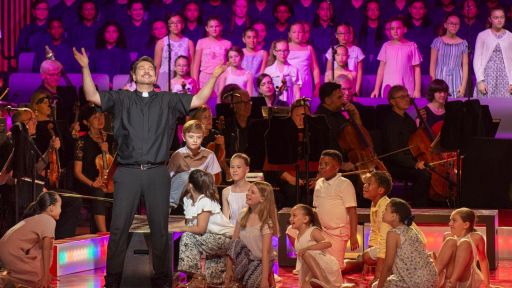
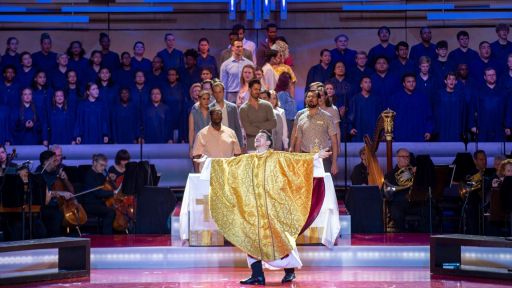
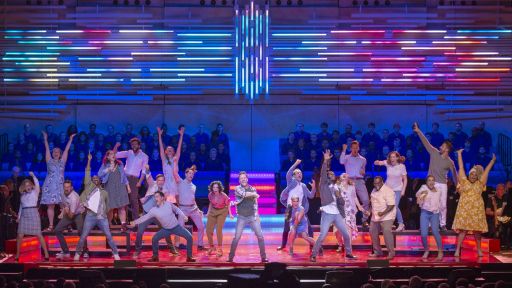
[drumming] Kevin Newbury: 'This is my church.
This is where I go to ask questions and to find healing, and to find common ground.'
Leslie Stifelman: 'I love walking around the grounds when people are watching other concerts. And seeing their intensity, intense listening, intense back and forth between the artists even if they're at the very very back of the lawn. There is something very personal here.
It feels like our essence and our core as artists is just in the trees.'
Marin Alsop: 'This piece, the 'Mass' by Leonard Bernstein, is one of the most avant-gardes, it's a piece filled with risk. It's a piece that challenges us. It's a piece that comes at us with arms wide open and also says I'm gonna make you think about the world you live in.'
JFK: 'We have a special responsibility to the arts, for art is the great Democrat, calling forth creative genius from every sector of society.
Disregarding race or religion or wealth or color.'
Alsop: 'When Bernstein was asked by JFK's widow, Jackie Kennedy Onassis, to write a piece for the opening of the Kennedy Center. He thought okay what is singular to JFK? And the fact that Kennedy was the only Roman Catholic president, came up into his mind and he said okay. I'm gonna use the mass, you know, the really the iconic representation of Catholicism, to hang all of these ideas on and use it as a structure, a framework, and a journey. So it's not really a mass per se but he uses all the sections of the mass. All the sort of implications of the offertory, the communion, the confession.
He uses all those in a way to tell his story.'
Alexander Bernstein: 'My father always, of course, has been a champion of social justice, of peace. He put all of that into 'Mass.' Also, he was a man of faith. He was very spiritual.'
Jamie Bernstein: 'It's about something complicated. It's about a crisis of faith, my father's crisis of faith, but also America's crisis of faith. And it was you know the early 1970s we were still very much in the turbulence of the 1960s.
And this is what the piece was born out of.'
Alsop: 'It was such a critical moment in the history of the United States particularly because of the situation in Vietnam, because of the transition to Civil rights and that whole movement.
It was a hot moment in our history.'
A. Bernstein: 'And the opening, of course, was nuts so much publicity and excitement.'
J. Bernstein: 'It's hard to convey how crazy the whole thing was.
It was the opening of the Kennedy Center and it was in Washington D.C. and all the dignitaries were there and then the government brass. And so the whole thing was already mega.
And you know, everybody was so gussied up, and the building was opening, and the piece was premiering.
It was all very uncomfortable and nervous-making.'
Alsop: ''Mass' I think is the ultimate moralistic story for Bernstein.
This is the story about tolerance, about questioning, about belief, about love, about unity, about brotherhood, about humankind. I think it's one of the most beautiful stories ever told and it feels more relevant today than in 1971 when it was premiered.
And people really didn't know what to make of it.'
J. Bernstein: 'So there is a part in 'Mass' where they read from letters it's a normal part of Catholic liturgy and Kevin Newbury, the director, came up with this fantastic idea, in which he invited members of the street chorus to contribute their own letters, that speak to issues that we feel passionate about today or that make us feel in some way in prison.
And so that lends this production an extra quality of immediacy that I think is very powerful.'
You May Also Like
